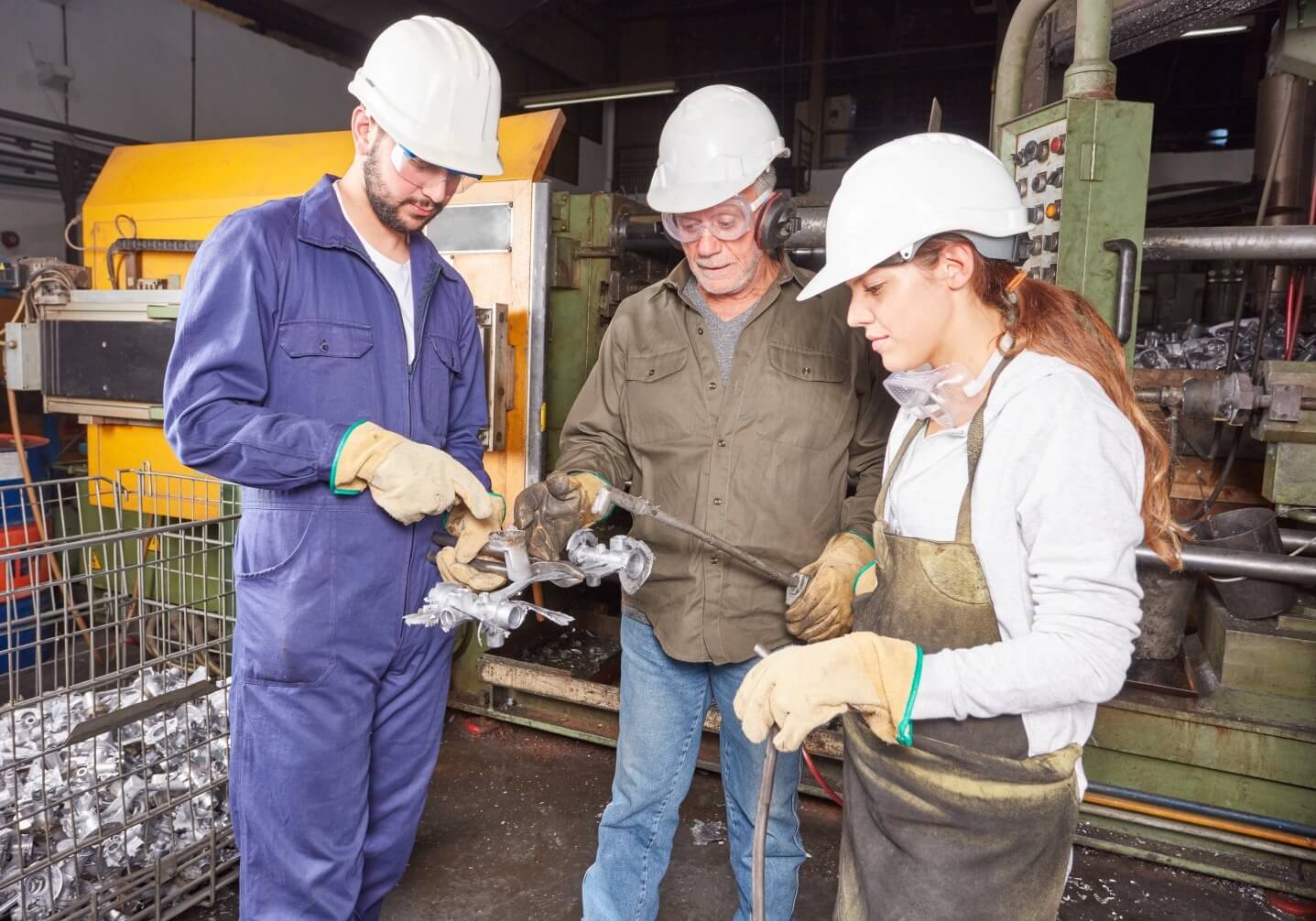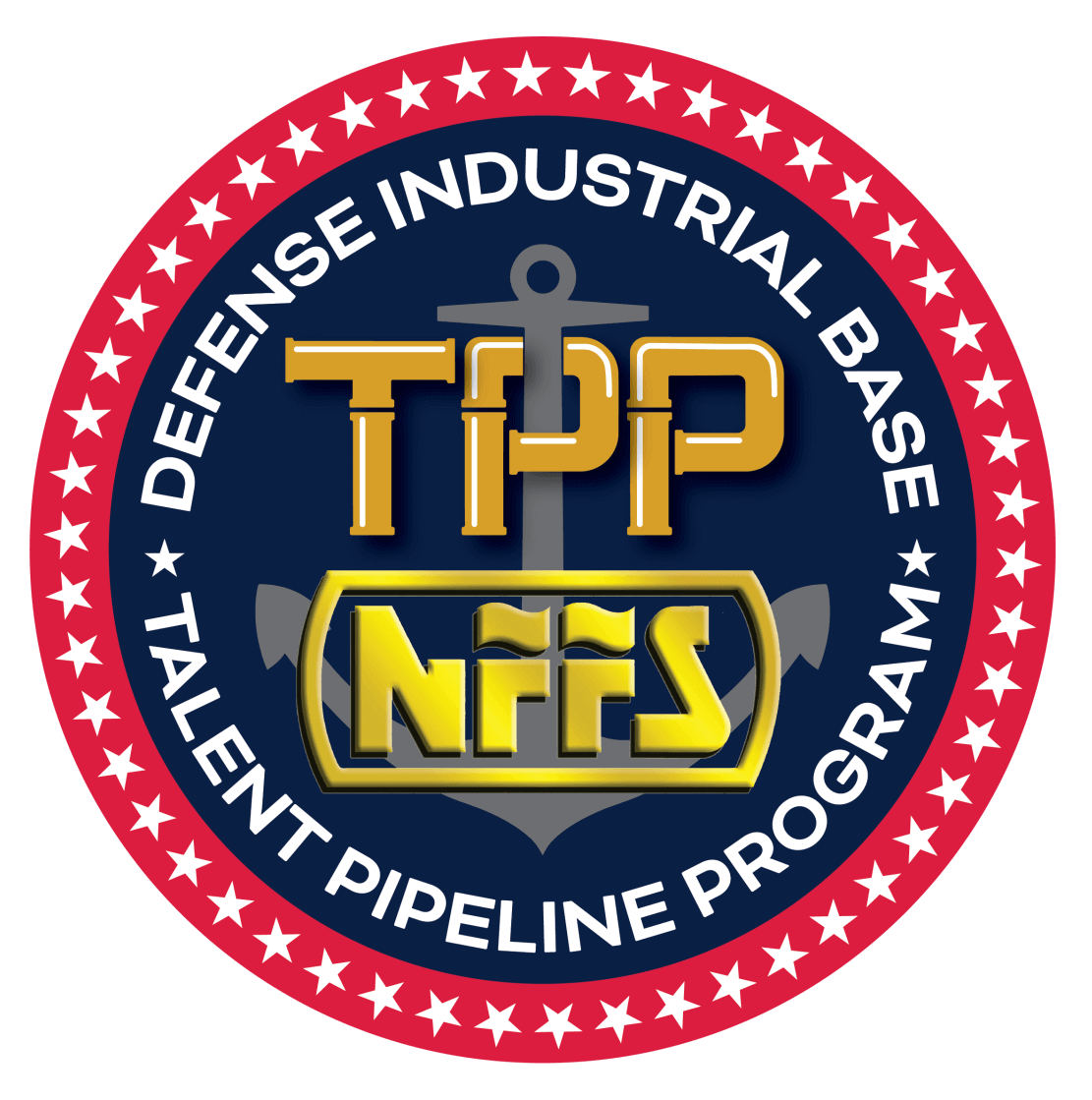Increase Retention Through Employee Assessment
 RETENTION STARTS WITH LISTENING:
RETENTION STARTS WITH LISTENING:
Why a Simple Employee Assessment Could Be the Key to Keeping the Workers You've Worked Hard to Hire
Hiring has never been easy, but in today’s labor market, keeping a good employee can be even harder. Foundries across the country are investing more time, money, and energy into finding the right candidates, only to lose them within the first few months due to misaligned expectations, poor communication, or lack of support. The truth is, retention starts on day one, and one of the most effective ways to increase retention is also one of the simplest: ask new employees how it’s going, and listen.
That’s where structured 30/60/90-day new hire assessments come in.
Why Assessments Matter
Most new hires decide whether they’ll stay in a role within the first 90 days. It’s a critical period filled with learning curves, first impressions, and countless questions. For supervisors, it’s also a chance to identify early warning signs, reinforce what “right” looks like, and ensure new employees are on the path to success.
When done well, 30/60/90-day assessments:
 Create a culture of communication: New employees are more likely to raise questions or concerns when regular feedback is part of the norm.
Create a culture of communication: New employees are more likely to raise questions or concerns when regular feedback is part of the norm.- Build trust and clarity: Employees feel seen, supervisors gain insight, and miscommunications can be resolved before they become bigger problems.
- Encourage engagement and accountability: A clear review process helps employees stay focused on their development, while showing them the company is invested in their growth.
It’s not about lengthy forms or rigid HR policies, it’s about checking in, setting expectations, and showing new hires that they matter.
How the 30/60/90 Assessment Tool Works
 The 30/60/90 New Hire Employee Assessment is a practical tool developed for foundries to use as part of a structured onboarding and retention strategy. At each milestone (30, 60, and 90 days), supervisors and new employees sit down for a short, guided conversation. Together, they review key areas such as:
The 30/60/90 New Hire Employee Assessment is a practical tool developed for foundries to use as part of a structured onboarding and retention strategy. At each milestone (30, 60, and 90 days), supervisors and new employees sit down for a short, guided conversation. Together, they review key areas such as:
-
-
-
-
-
-
-
-
- Job expectations and performance
- Training progress
- Workplace relationships
- Safety and comfort on the job
- Questions or challenges the employee is facing
-
-
-
-
-
-
-
The conversation is informal but intentional, giving both parties a chance to reflect and align. It’s also a powerful opportunity to reinforce the employee’s value and provide real-time feedback—something many younger workers in particular expect from a modern workplace.
Built for the Foundry Environment
Foundries are busy, complex environments, and that’s exactly why this kind of tool is so important. In a setting where production can quickly take priority over people, structured assessments ensure that no new hire falls through the cracks. They help keep communication flowing and build the kind of workplace culture that retains workers, even when competitors are offering higher wages or lighter work.
The tool is flexible, easy to implement, and doesn’t require HR software or outside consultants. All it takes is a few minutes, a quiet space, and a willingness to listen.
Free and Available Through the Talent Pipeline Program
The 30/60/90 New Hire Assessment is just one of several tools available through the NFFS Talent Pipeline Program (TPP), a national workforce development initiative in partnership with the U.S. Navy.
 TPP is designed specifically for non-ferrous foundries, helping members:
TPP is designed specifically for non-ferrous foundries, helping members:
- Recruit talent through customized outreach
- Train new hires with onboarding and skill-building support
- Retain workers using tools like the 30/60/90-day assessment and supervisor coaching
Participation in the program is available at no cost to NFFS members, and support is hands-on, practical, and grounded in the unique realities of foundry work. If you’re ready to stop turning over talent and start building a stronger, more stable workforce, the Talent Pipeline Program is here to help.
To learn more about the 30/60/90 New Hire Assessment or to bring the Talent Pipeline Program to your foundry, contact Bill Padnos at bill@nffs.org or visit nffs.org/tpp.
